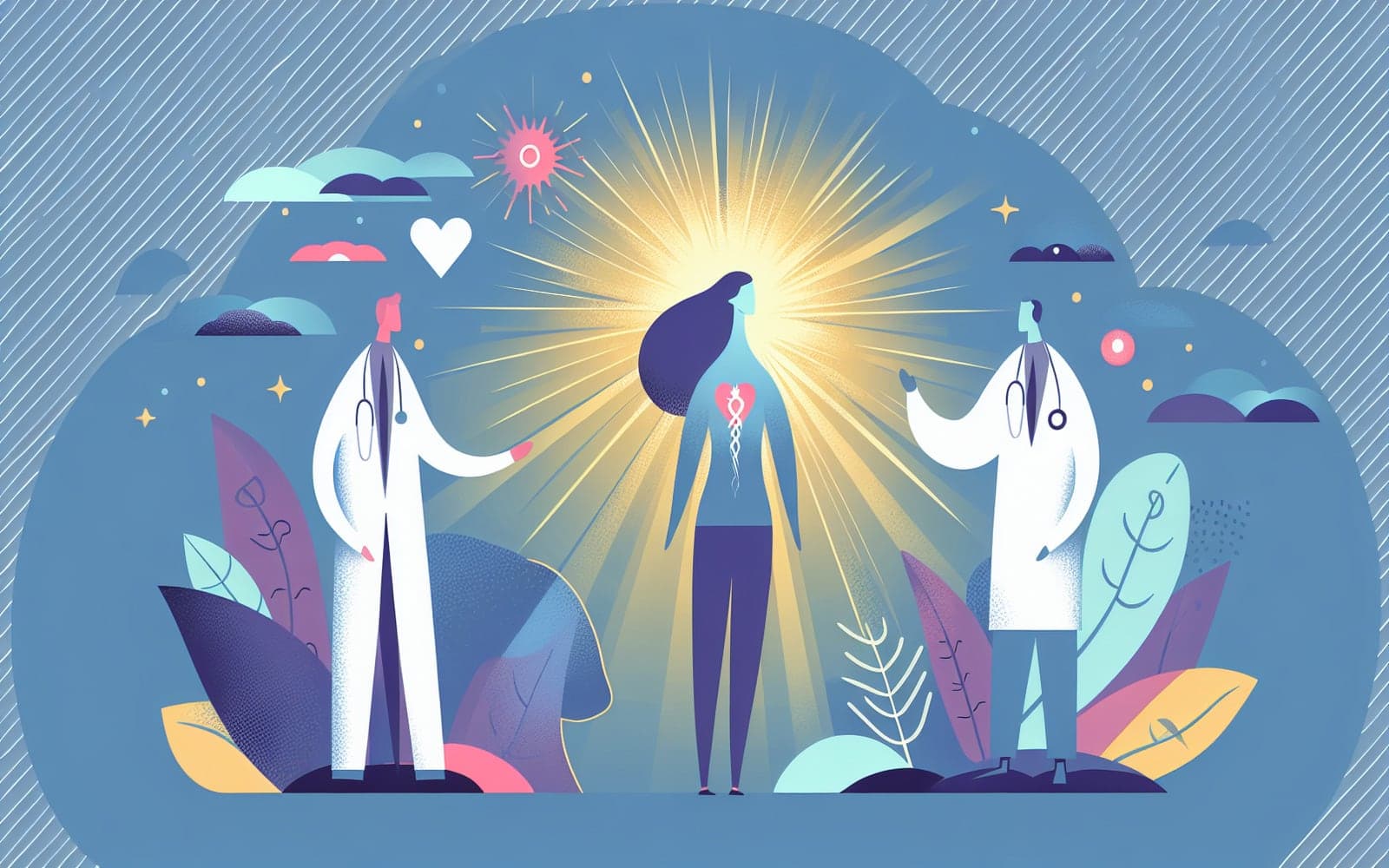Are You at Risk for Postherpetic Neuralgia?
Published: Sep 16, 2023

Medically reviewed by Oghenefejiro Okifo | MD, Harvard Medical School | Henry Ford Hospital - Detroit, MI on September 16th, 2023.
Understanding the risk factors for PHN can help in taking preventive measures and seeking early treatment.
Contents
Age and PHN
Age is a significant risk factor for PHN. The likelihood of developing PHN increases with age, particularly in people over 60, due to a natural decline in immunity.
Severity of Initial Shingles
A severe case of shingles, characterized by intense pain and a widespread rash, increases the risk of PHN. Early intervention in such cases can help reduce this risk.

Other Risk Factors
Immunosuppression and certain medical conditions may also elevate the risk of PHN. It's essential for individuals with compromised immune systems to monitor their health and seek prompt treatment for shingles.
Frequently Asked Questions
People over 60 and those with severe shingles.
Yes, severe cases increase PHN risk.
Yes, it can elevate the risk of PHN.
Key Takeaways
Knowing your risk factors for PHN can guide preventive actions and timely treatment.
Evaluate your risk with Doctronic and explore preventive measures.Related Articles
References
Forbes HJ, Bhaskaran K, Thomas SL, et al. Neurology 2016; 87:94.
Dworkin RH, Boon RJ, Griffin DR, Phung D. J Infect Dis 1998; 178 Suppl 1:S76.
This article has been reviewed for accuracy by one of the licensed medical doctors working for Doctronic. Always discuss health information with your healthcare provider.

